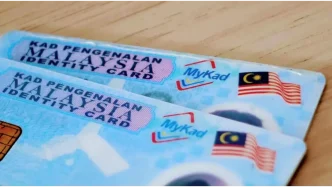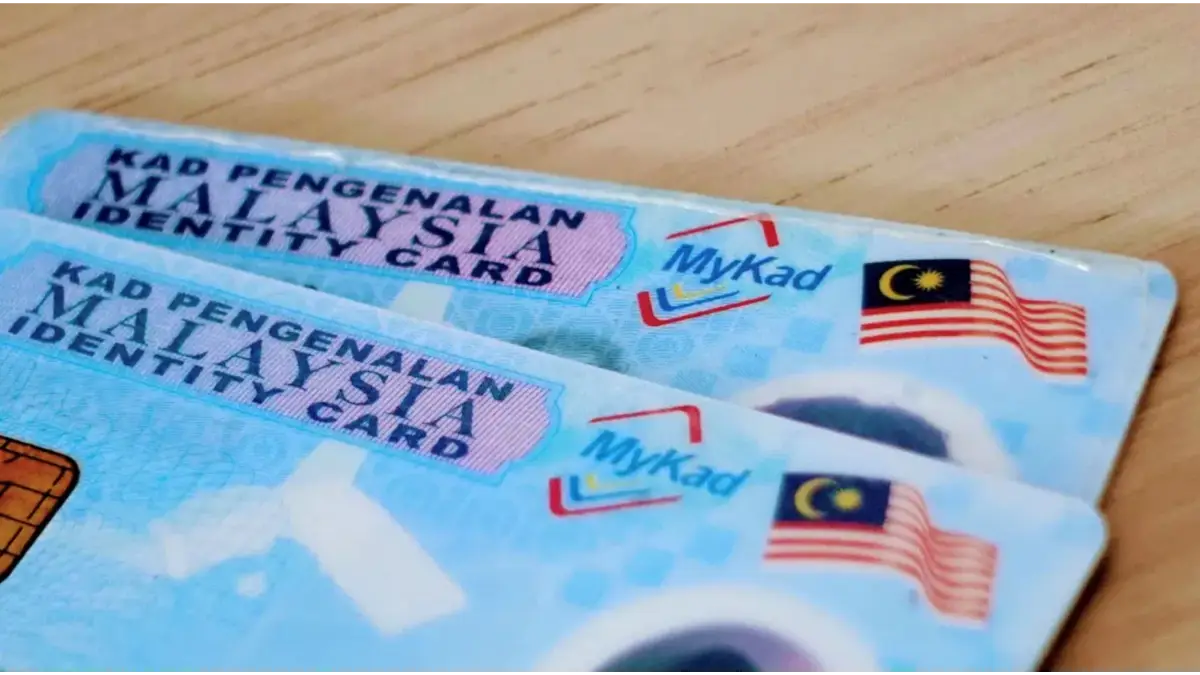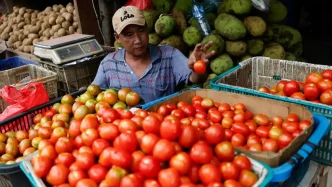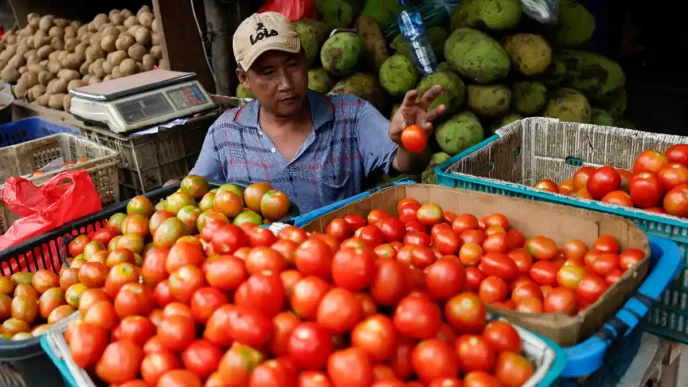In Petaling Jaya, a suburb of Kuala Lumpur, long queues have formed outside the National Registration Department (NRD) office as Malaysians scramble to update or replace their MyKad, the national identity card. The urgency stems from the upcoming rollout of the Sumbangan Asas Rahmah (Sara) initiative, a one-off RM100 (~US$21) cash aid for all adult citizens, set to be credited directly to their MyKad starting in September.
A Race Against Time for Financial Aid
The Sara initiative, announced as part of the government’s broader economic relief efforts, targets Malaysians aged 18 and above. With the funds tied directly to the MyKad—a smart card that serves as both identification and a digital wallet for certain government services—having an up-to-date and functional card has become a priority for many. At the Petaling Jaya NRD branch, the atmosphere is one of determination mixed with frustration as citizens navigate bureaucratic processes to ensure they can access the aid.
Among those waiting in line is Chua, a resident of SS2, a nearby neighborhood. Having not renewed his MyKad for over two decades, he decided it was time for an update. “It was high time for a change” he remarked while collecting his new card at the NRD office. His visit followed a system glitch the previous day, which had temporarily disrupted services, adding to the urgency for many like him.
Others have more pressing reasons for their visit. K. Gunaseelan, a 71-year-old retiree, recently lost his MyKad and was relieved to secure a replacement just in time for the aid distribution. “I have a replacement, and it is just in time for the government’s aid” he shared. However, he admitted to uncertainty about how to utilize the RM100, noting, “I’ve heard about the purchase scheme using the MyKad, but I’m not entirely sure how or where I can use it.” His concern reflects a broader lack of clarity among some citizens about the practical application of the aid program.
Mixed Reactions to the Cash Assistance
The RM100 aid has elicited a range of responses from Malaysians at the NRD office. Atiqah, a 32-year-old civil servant who requested anonymity beyond her first name, came to renew her damaged MyKad. She expressed appreciation for the financial assistance, particularly as someone from the middle-income bracket. “Middle-income earners usually don’t receive much from the government” she observed. Yet, she urged policymakers to consider additional measures, such as tax rebates, to further support those in need.
Similarly, Nurul Najwa, a 29-year-old freelance graphic designer from Ampang, welcomed the aid as a small but meaningful boost. “As a freelancer, every bit helps,” she said. Beyond the immediate relief, she hopes for long-term solutions tailored to freelancers and small-scale business owners, highlighting the precarious financial situation many in the gig economy face.
For GK Lim, a 55-year-old business development manager, the process of replacing his MyKad—whose chip had become faulty—was surprisingly smooth. “The crowd was manageable, and the queue not long as many counters were opened. Everything was done in under 45 minutes” he noted. Having taken leave from work to address the issue, Lim’s experience suggests that while the demand is high, the NRD has made efforts to streamline operations at some branches.
Economic Context and Government Rationale
The Sara initiative comes at a time when Malaysia grapples with economic challenges, including rising living costs and inflationary pressures. The RM100 aid, while modest, is positioned as a gesture of support for citizens across income levels. Prime Minister Anwar Ibrahim has defended the program against criticism that it is insufficient, emphasizing its symbolic value as a universal benefit. Reports from local outlets indicate that the government views this as part of a broader strategy to cushion the impact of economic reforms, including subsidy rationalization and targeted assistance for lower-income groups.
However, the aid’s effectiveness remains a topic of debate. For many middle- and lower-income Malaysians, RM100 offers temporary relief but falls short of addressing systemic issues such as wage stagnation and the high cost of essentials. Economists have pointed out that while direct cash transfers can stimulate local spending, their impact is often limited without complementary policies like tax relief or investment in job creation. In this context, voices like Atiqah’s and Nurul Najwa’s reflect a public desire for more comprehensive economic support.
Operational Challenges at NRD Offices
The sudden influx of citizens seeking MyKad updates has put pressure on NRD offices nationwide. In Petaling Jaya, while some, like Lim, report a relatively efficient process, others have faced delays due to technical glitches and high demand. The need for a functional MyKad extends beyond the Sara aid, as the card is integral to various government services, banking transactions, and even voting. A faulty or outdated card can thus have far-reaching implications, prompting many to act swiftly as the September deadline approaches.
Nurul Najwa offered a piece of advice to fellow Malaysians: everyone should take good care of their MyKad. Her comment underscores the card’s importance in daily life, especially as digital integration of government services continues to expand. The MyKad system, introduced in 2001, was designed to consolidate multiple forms of identification into a single, secure document. Yet, issues such as damaged chips, loss, and outdated information remain common, often necessitating visits to NRD offices under tight timelines like the current one.
Broader Implications for Digital Governance
The rush to update MyKad also highlights Malaysia’s ongoing transition toward digital governance. By linking financial aid directly to the national identity card, the government aims to streamline distribution and reduce administrative overhead. This approach, however, assumes a level of digital readiness among citizens—both in terms of possessing a functional MyKad and understanding how to use it for transactions. For older individuals like Gunaseelan, this poses a potential barrier, pointing to the need for public education campaigns alongside policy implementation.
Moreover, the initiative raises questions about data security and privacy. The MyKad contains sensitive personal information, and its use as a payment tool for government aid requires robust safeguards against fraud and unauthorized access. While no major breaches have been reported in connection with the Sara program, past incidents of data leaks in Malaysia have heightened public awareness of these risks. The government will need to balance efficiency with trust as it expands the MyKad’s role in economic relief efforts.
Looking Ahead: Aid as a Stepping Stone
As Malaysians line up at NRD offices to secure their share of the RM100 aid, the initiative serves as a snapshot of the nation’s economic and administrative landscape. It reveals both the immediate needs of citizens—whether retirees, freelancers, or civil servants—and the operational hurdles in delivering relief efficiently. While the aid provides a momentary boost, the voices at Petaling Jaya’s NRD branch echo a broader call for sustainable policies that address structural inequalities and support diverse livelihoods.
The coming months will test the government’s ability to execute the Sara program without logistical hiccups, while also clarifying for citizens like Gunaseelan how they can make the most of the assistance. As Malaysia navigates this chapter of economic recovery, the question remains whether small-scale interventions like this will pave the way for more transformative reforms—or simply serve as a fleeting gesture in a complex fiscal environment.
















